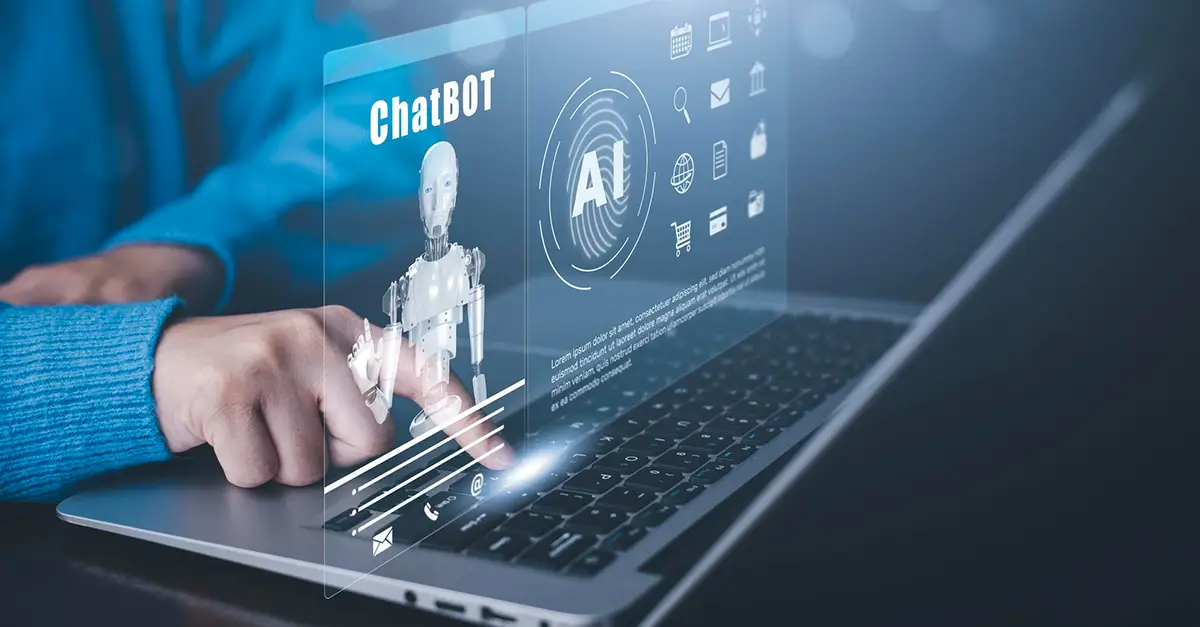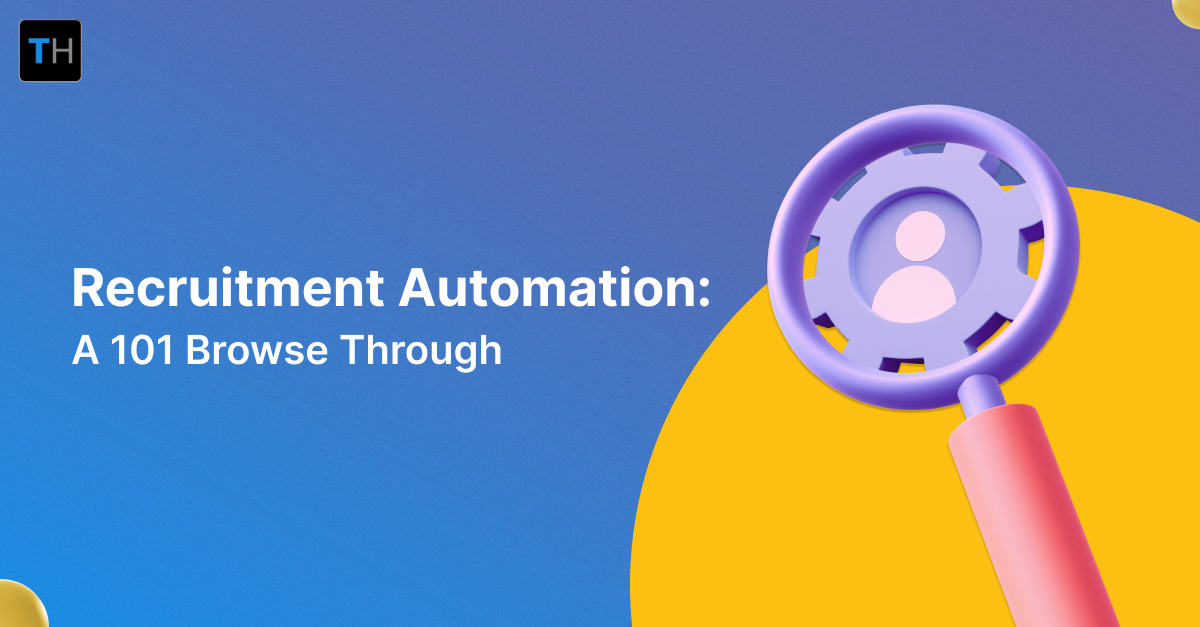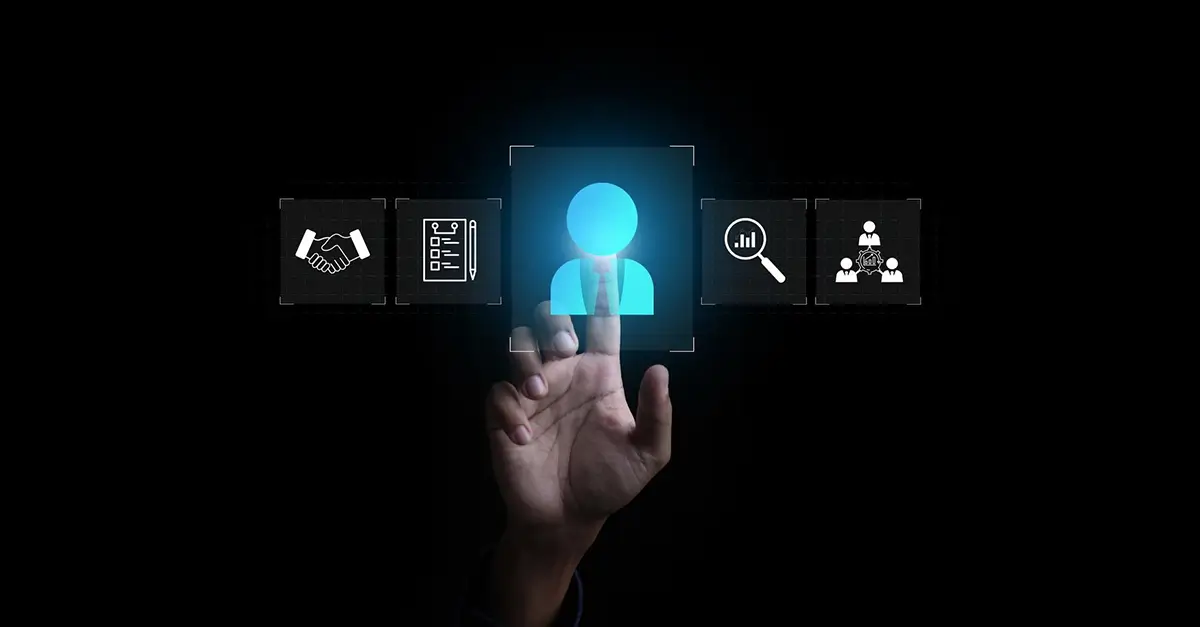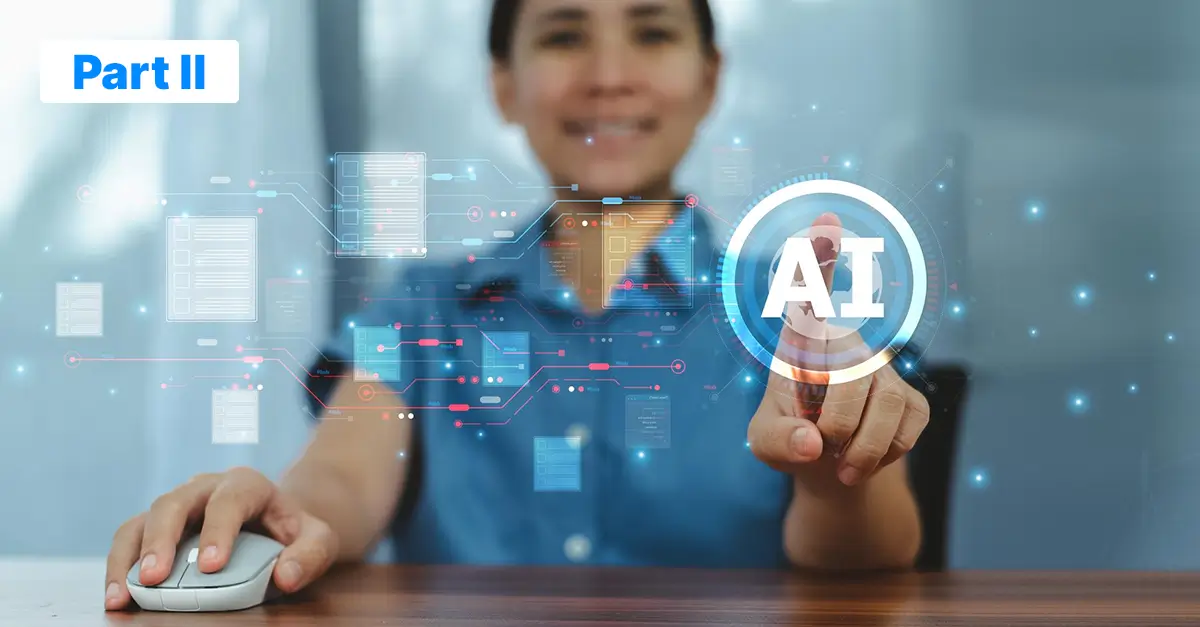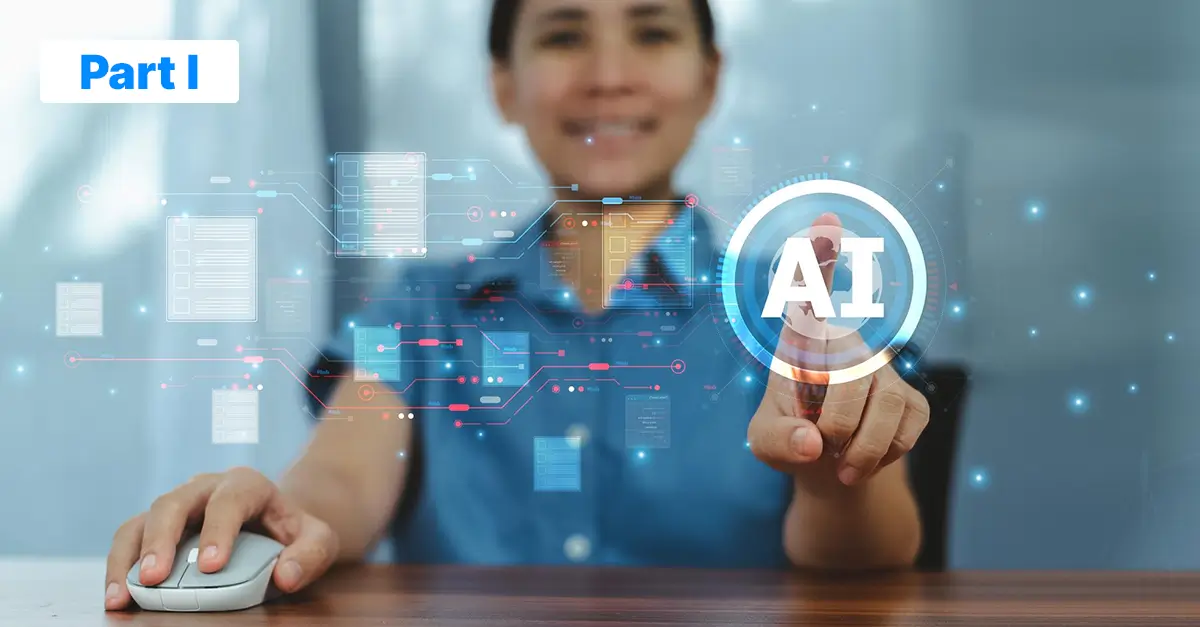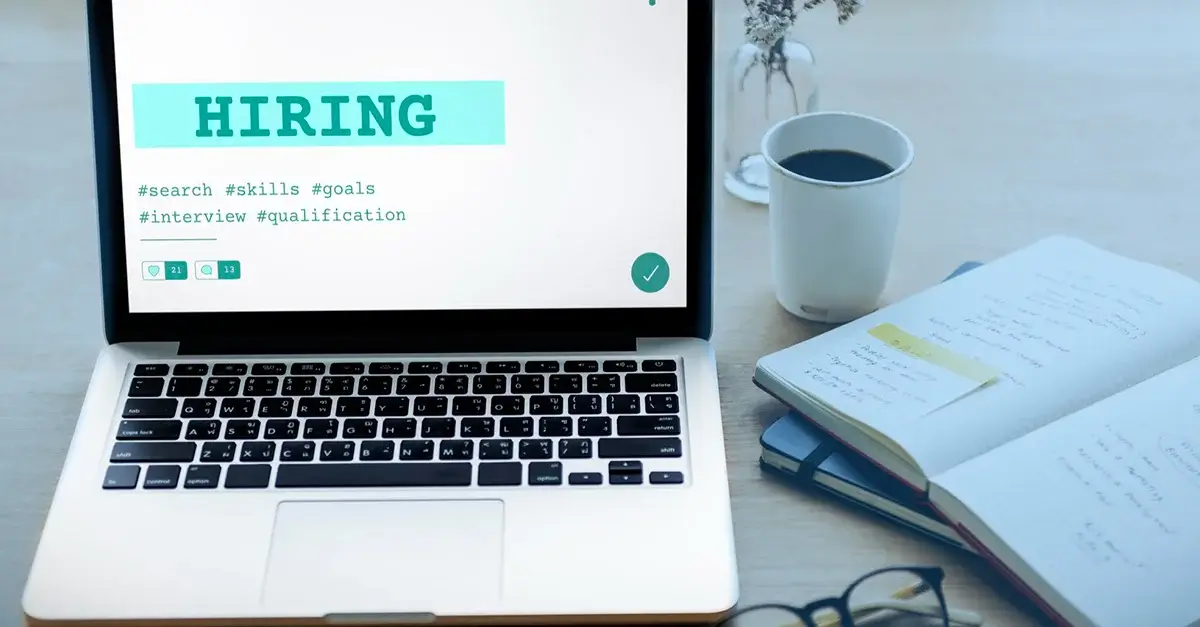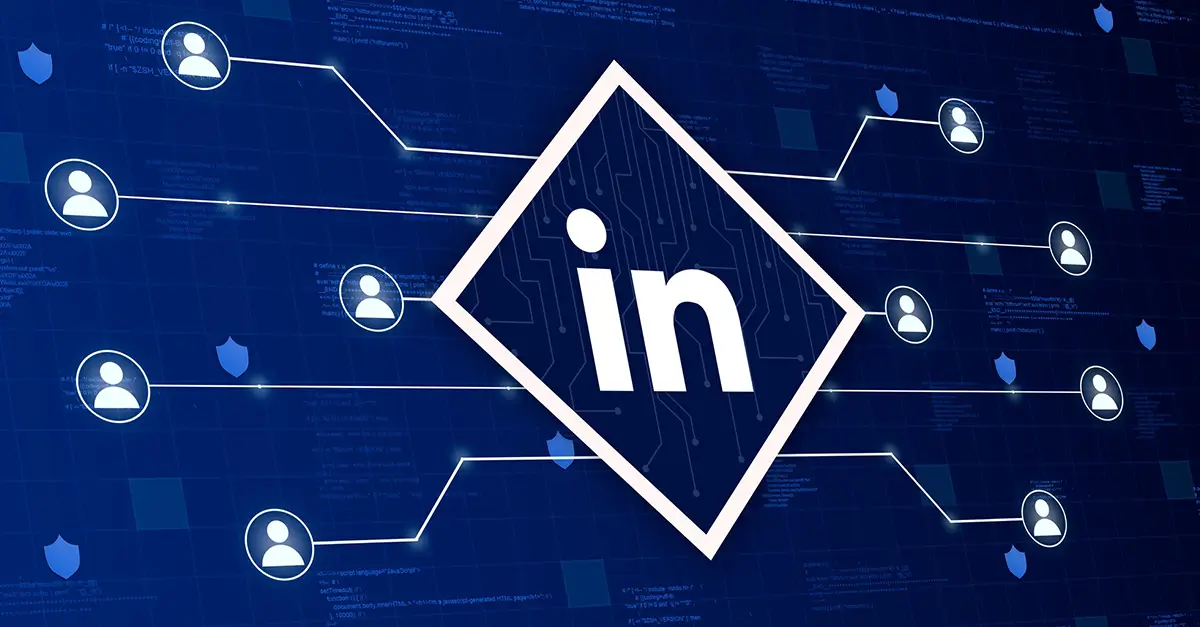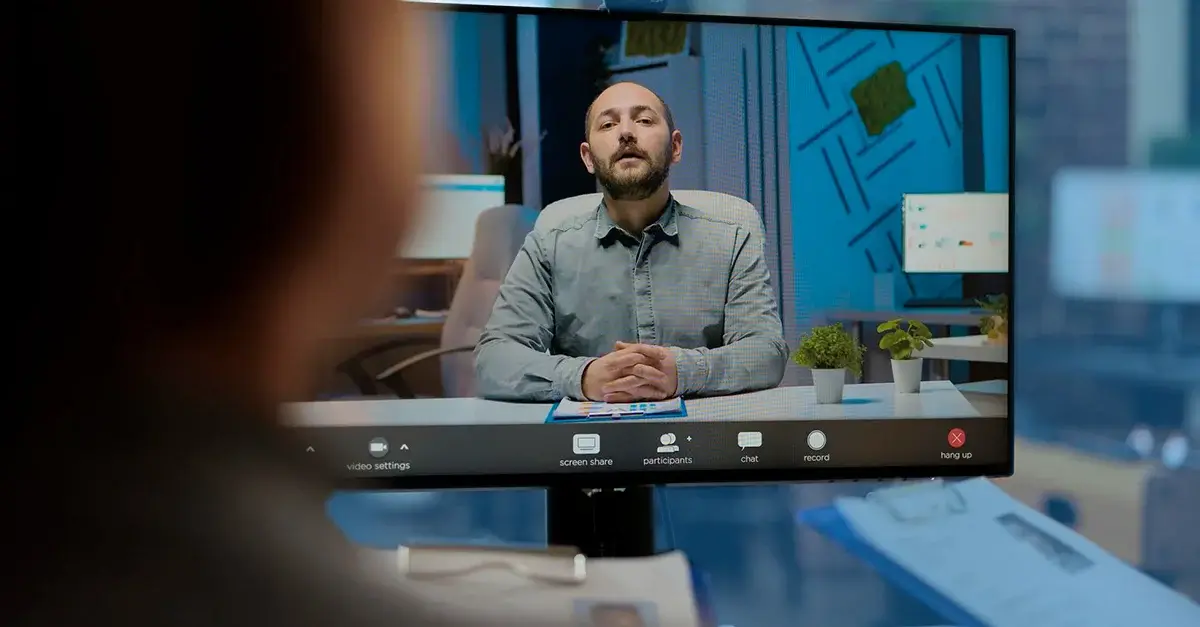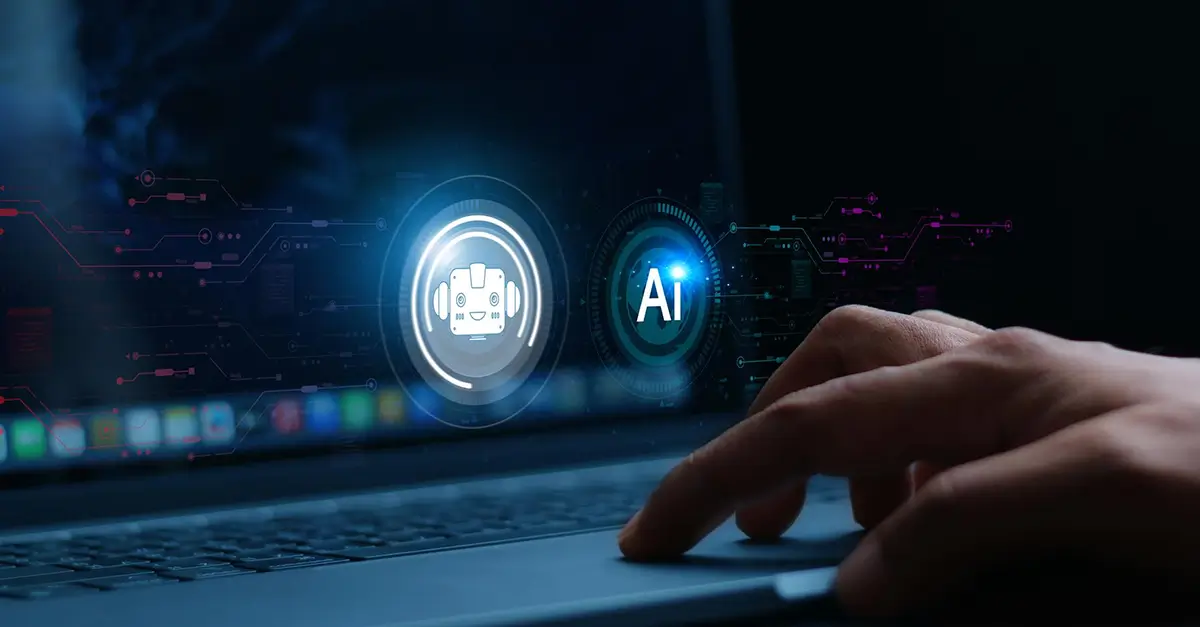Most hiring managers across all industries no matter how big or small the company is faces the same issue of finding the right talented candidates. According to research conducted by Zety, it was observed that an open position might receive about 250 applications per position on average. However, out of all these, there are only 12% meet the requirements for this position posted. It is also observed that there are still candidates who might have not applied but are still qualified enough for the position. This is where the importance of ai based resume screening comes into the picture. It is possible to utilize AI to find out some of the hidden candidates that might actually be the best asset to the organization. Read on how to utilize AI for better resume screening.
Use of AI in resume screening
AI also quite commonly called artificial intelligence can be used throughout the hiring process in order to help the recruitment teams to improve their time to hire and quality of hire while also saving time and money invested in the screening process. Automated resume screening also helps minimize the interference of human interaction and hence provides a fair evaluation to the candidates.
AI tools mainly target three main stages of the hiring process such as:
- Sourcing
- Screening
- Interviewing
AI resume screening tool utilizes artificial intelligence to sort out a load of resumes and applications to select some of the best candidates for the next round of the recruitment process. These free ai resume screening tools not only attempt to streamline the time-consuming process but also aim at sorting out only the most talented candidates out of the bunch.
How do companies use AI in screening resumes?
As a part of the traditional hiring process, it is observed that hiring managers tend to spend a lot of time just hiring for a single role. The estimated time devoted to hiring for a single role is said to be up to 24 hours. Candidate screening was hence once a task that needed a lot of time to be devoted to in order to get the best candidates. However, the process then started changing once AI came into the picture.
Candidates started utilizing AI-friendly resumes that can be easily screened by organizations. Some of the organizations also provided templates to candidates that can be filled in to get the information in a format that can be easily screened. The reason that such methods were inevitable could be the hiring volume hiring process that most companies now follow. Another reason would also be the indulgence of bias being shown while hiring certain candidates. To bring a stop to unconscious bias AI in resume screening sure helps.
Advantages of using AI in resume screening
Although most recruiters do like to check the resumes manually to ensure that the candidates’ applications are being thoroughly screened, sometimes the information might go unseen by the recruiters. In such a case the AI-based resume screening tools help a lot. Resume screening using AI can hence have many benefits such as:
1. Data automation
Automated resume screening allows automation of the organization of hiring data. It helps track and store important data such as resumes, application forms, and from which source has this data been collected which makes it easier to create a database of applicants. This talent pool can also be used in the future to ease the screening process and find suitable candidates.
2. Improved candidate experience
Using AI in resume screening can make the hiring process more efficient which provides better communication between both the recruiters and the candidates. A candidate’s experience is also important as it judges whether the candidate would like to work at a particular organization or not. It is hence important in improving the candidate experience.
3. Lowering unconscious bias
Unconscious bias is quite common and can influence the results of the selection process. AI in resume screening tools can however provide a common base to judge various candidates and hence provide judgments based on common grounds. It hence becomes easier to involve diversity when there is no more bias while selecting candidates.
To conclude
Resume screening has always been one of the most time-consuming processes which lower the productivity of recruiters which otherwise had increased if the resumes were screened using AI. For all those recruiters who feel like this time-consuming task, needs an easier way out then automated resume screening tools will definitely help you out.
FAQs
How does resume screening software work?
The resume screening software goes through various resumes submitted by the candidates and finds the right match for the opening based on the responsibilities mentioned for the position.
How long does resume screening take?
Resume screening without any usage of AI may take up to 23 to 24 hours especially when there is a large number of resumes being submitted. However, this can be reduced to 5 seconds per resume if you utilize a free AI resume screening tool.
How to screen resumes effectively?
To effectively screen candidates it is important to check for the skills and qualifications of the candidates on the resume and check whether they are the right match for the open position.
How to do resume screening?
To conduct resume screening using AI all you need to do is upload a resume that supports AI screening and then the AI will provide a condensed version of the resume with all of the necessary information being highlighted.
How to write a resume that passes the artificial intelligence test?
When writing a resume that you wish can pass the AI test, it is important to check the job description and understand the skills needed. Mentioning these skills in the resume will allow the recruiter to choose the resume over any other resumes submitted.



